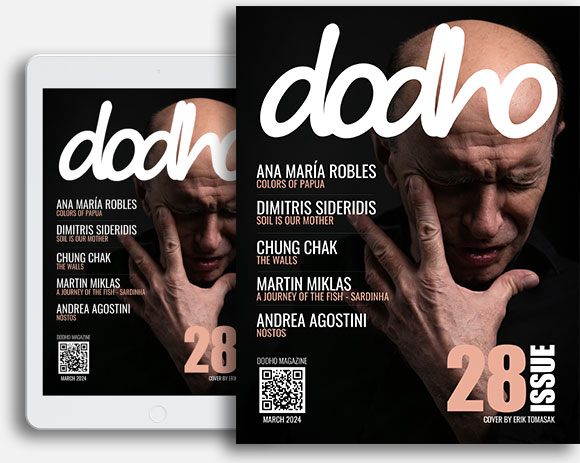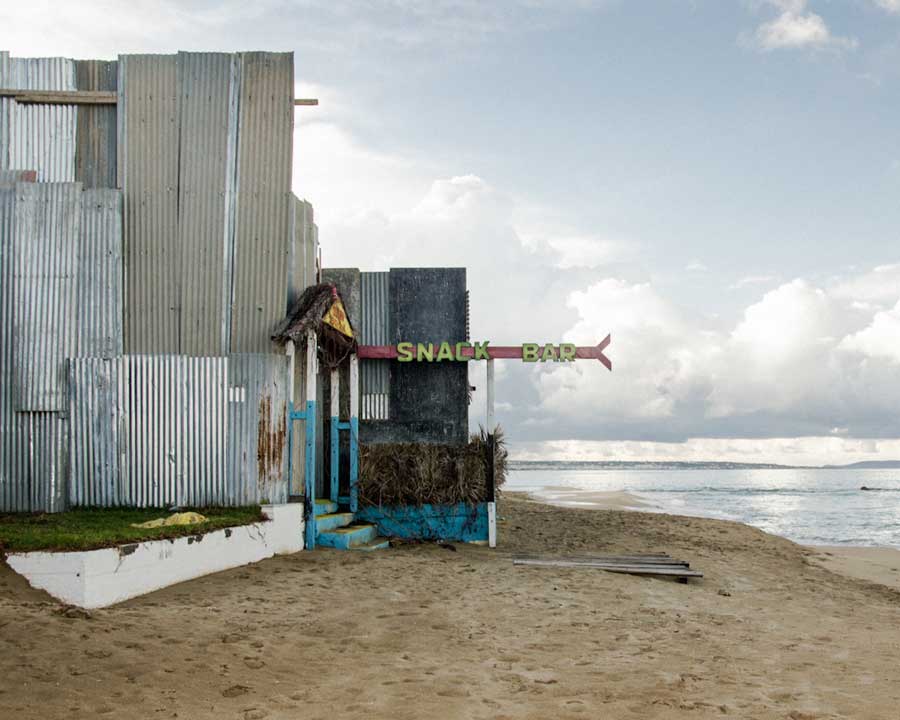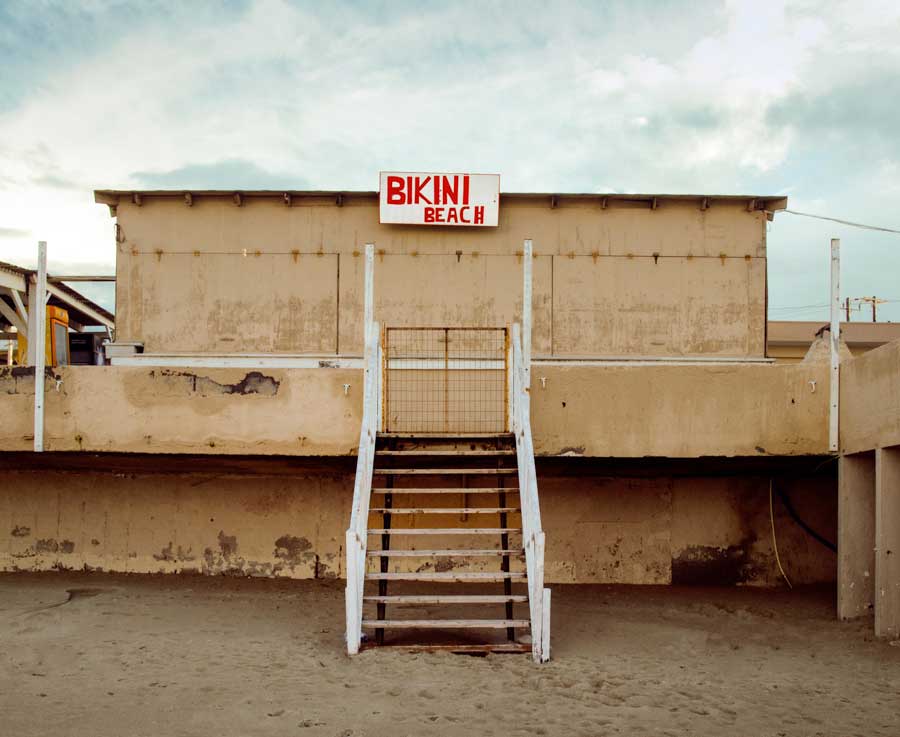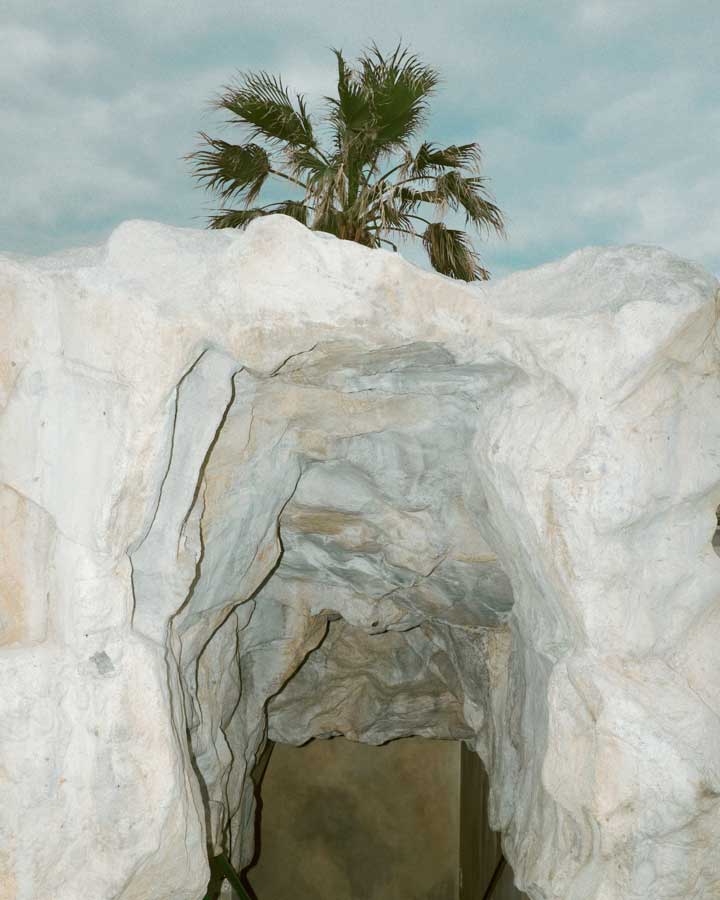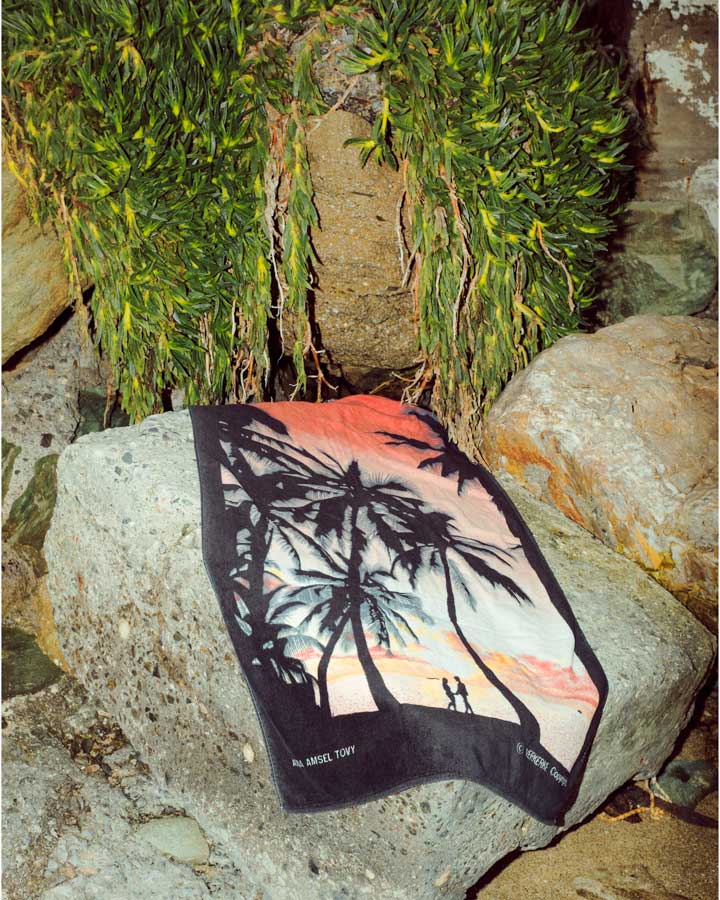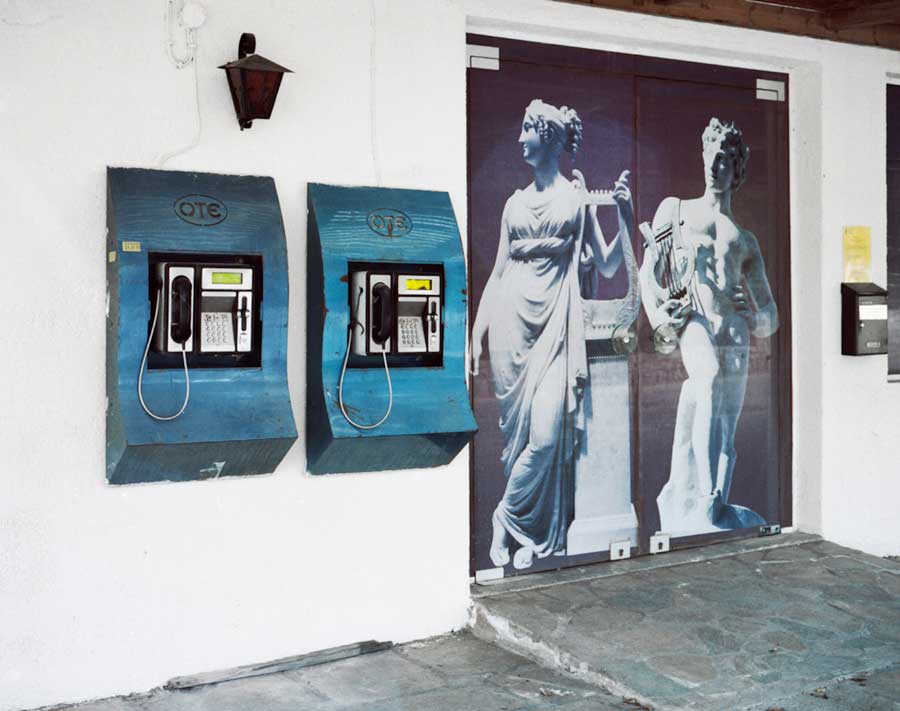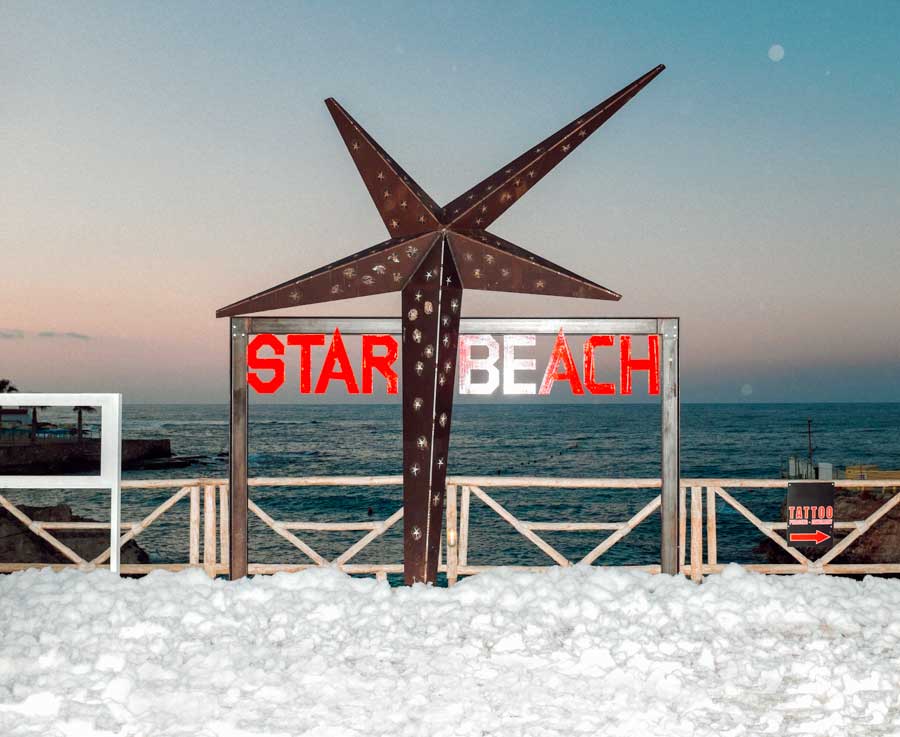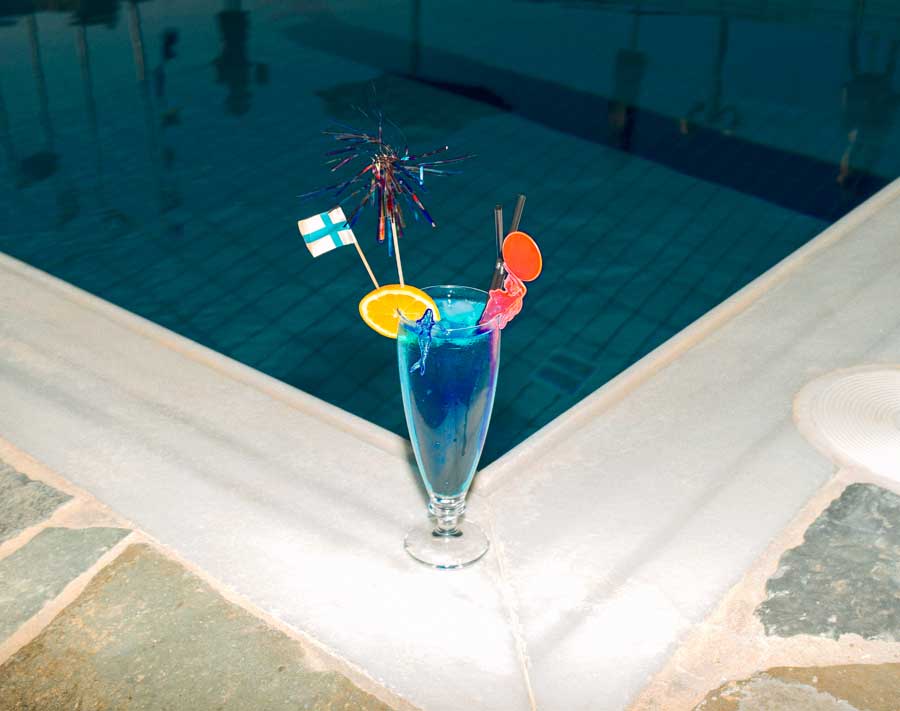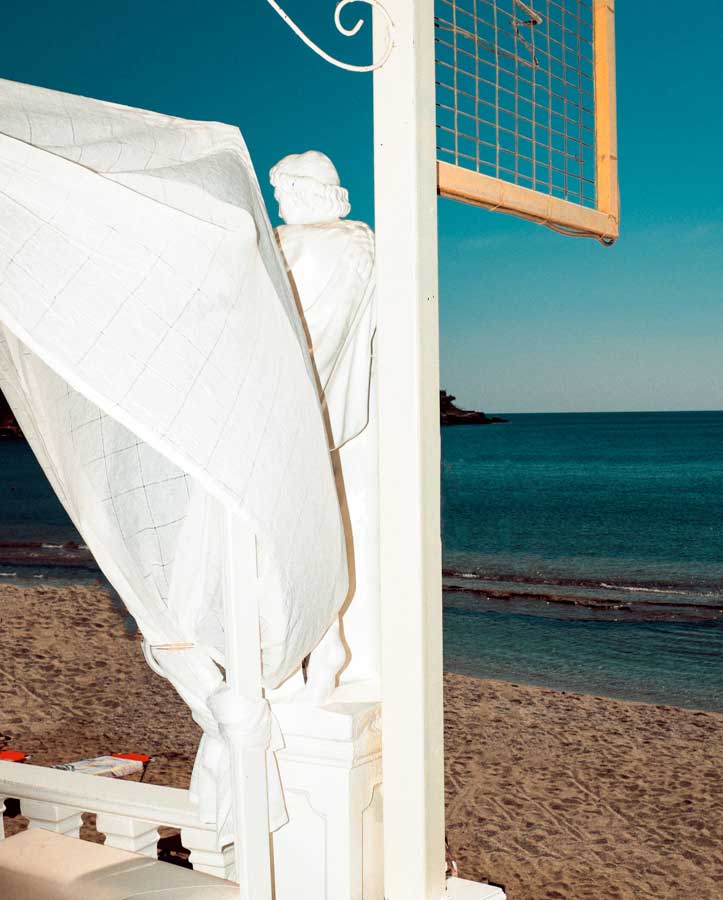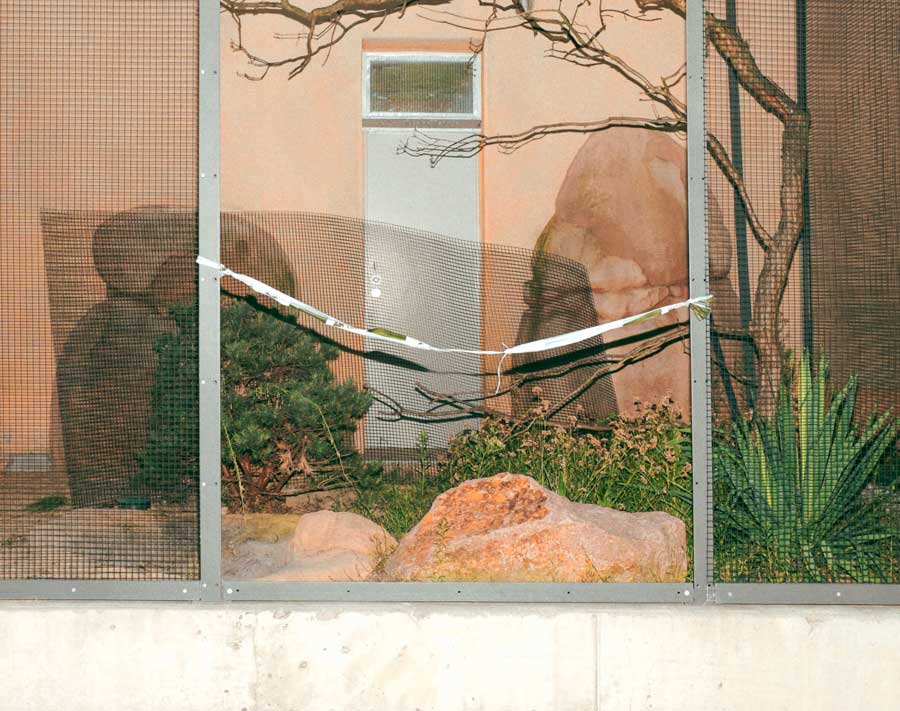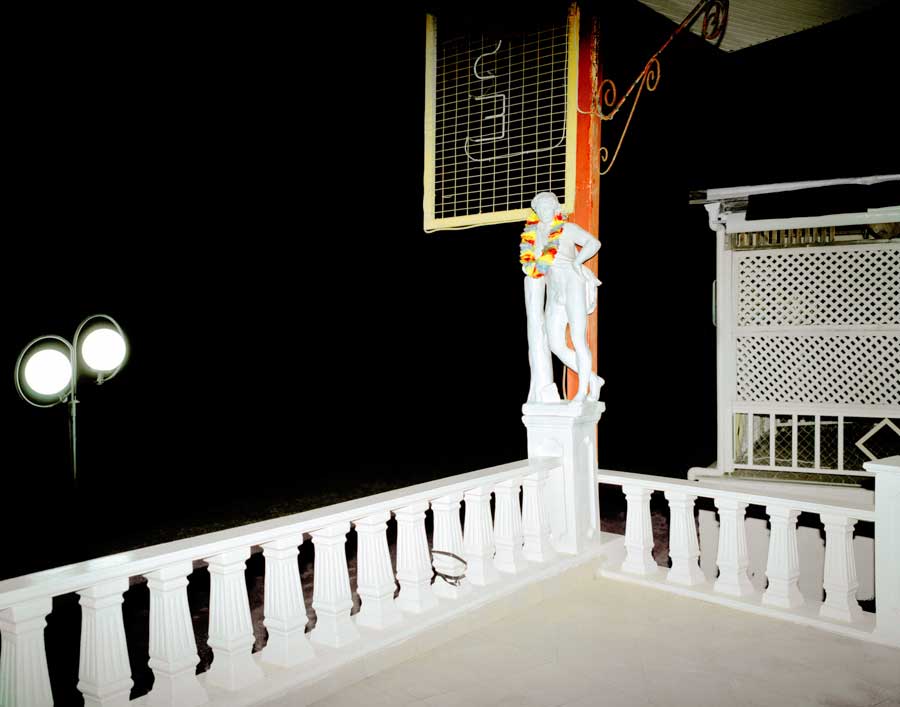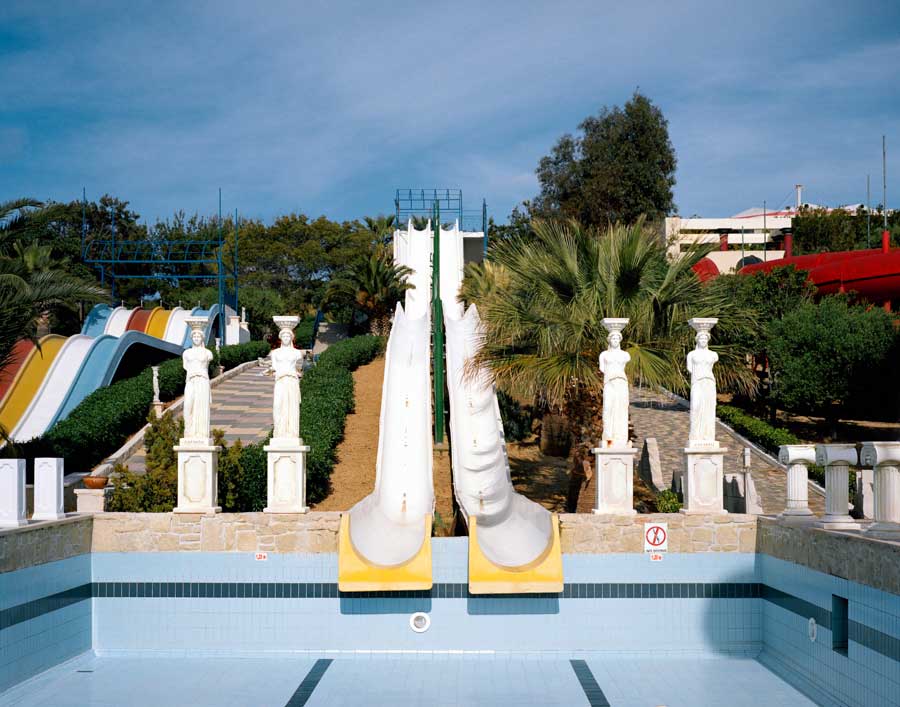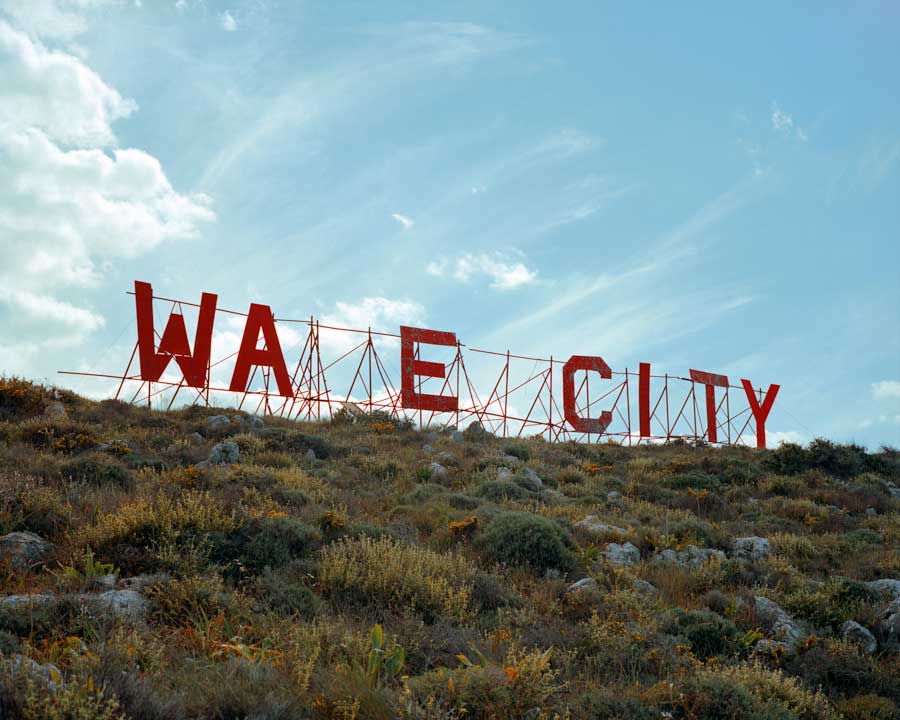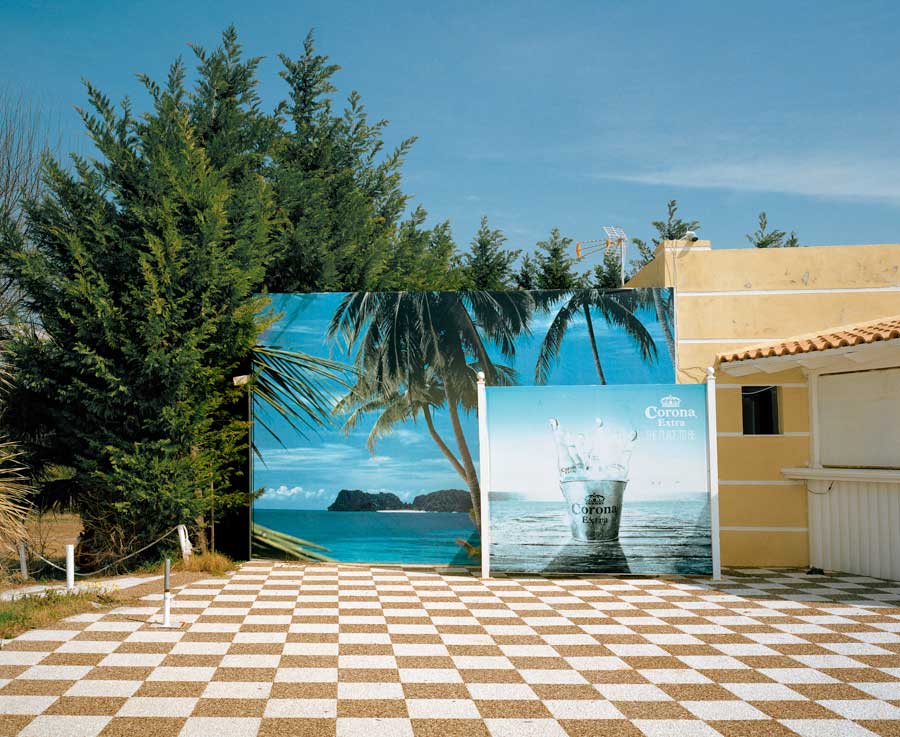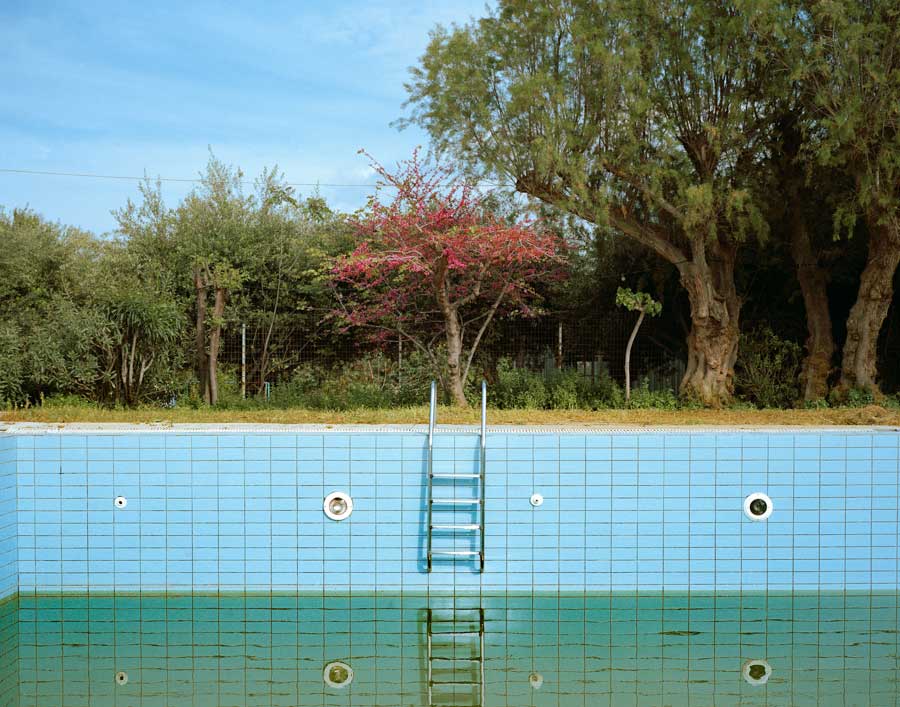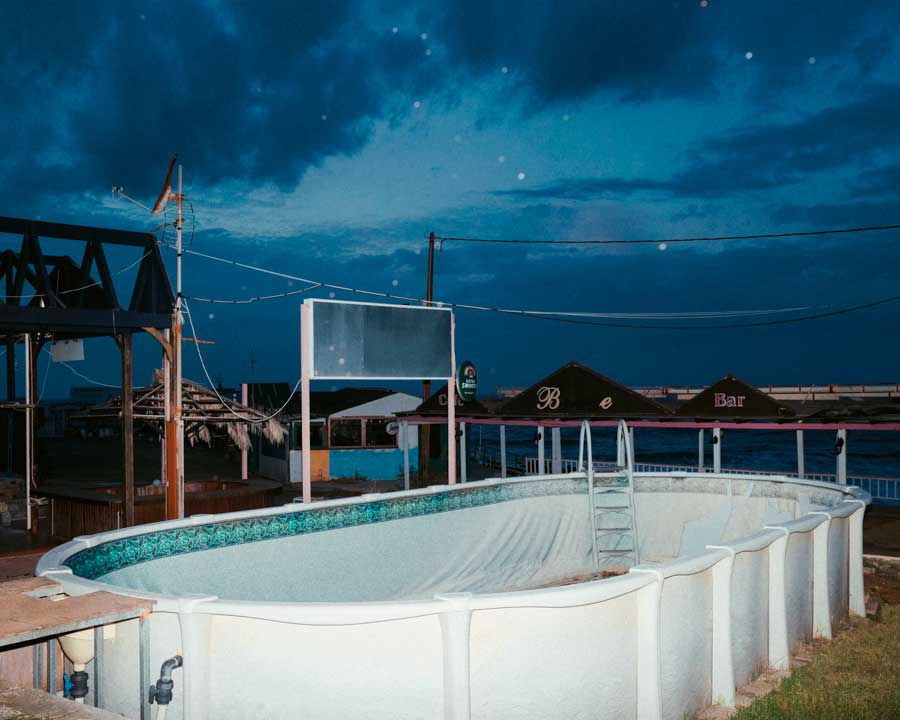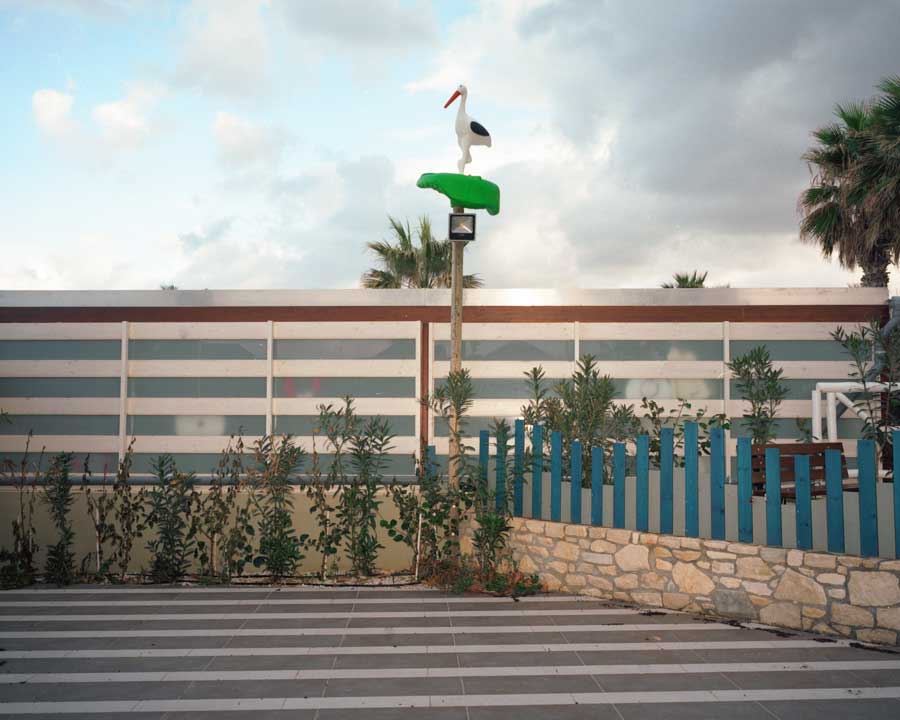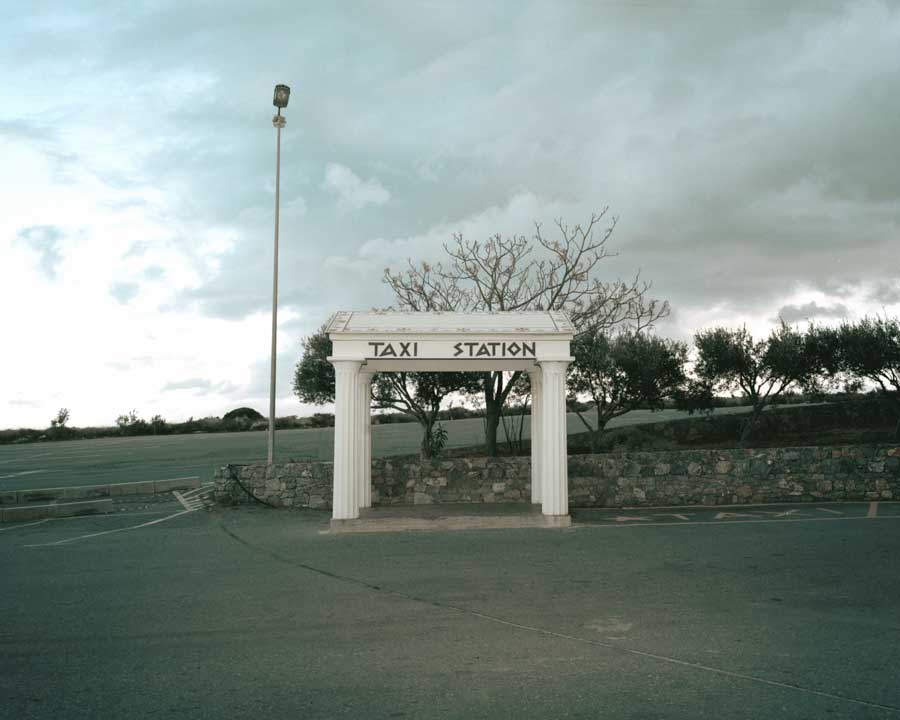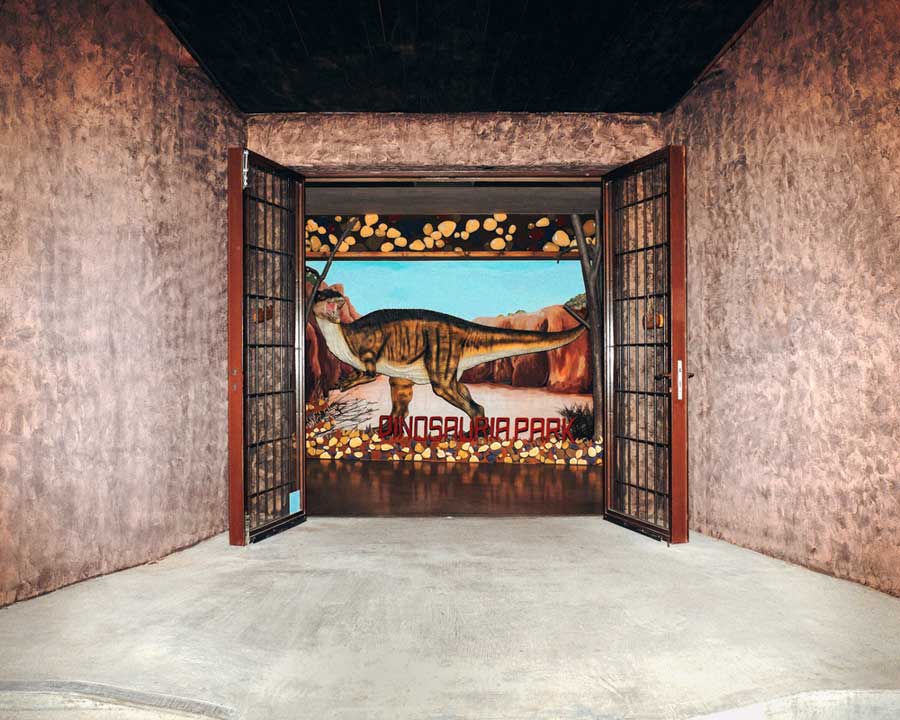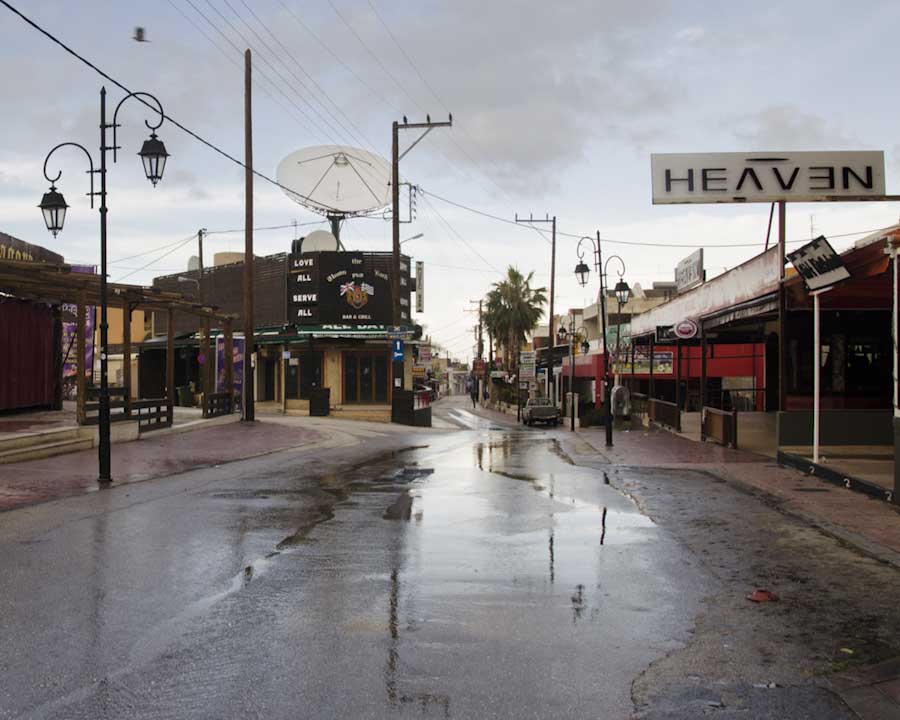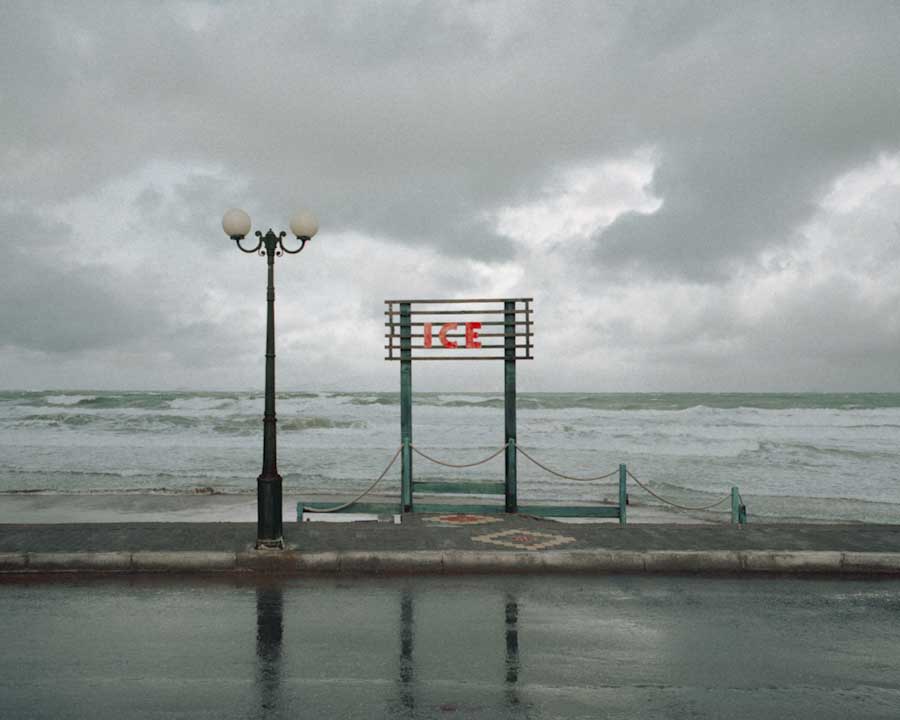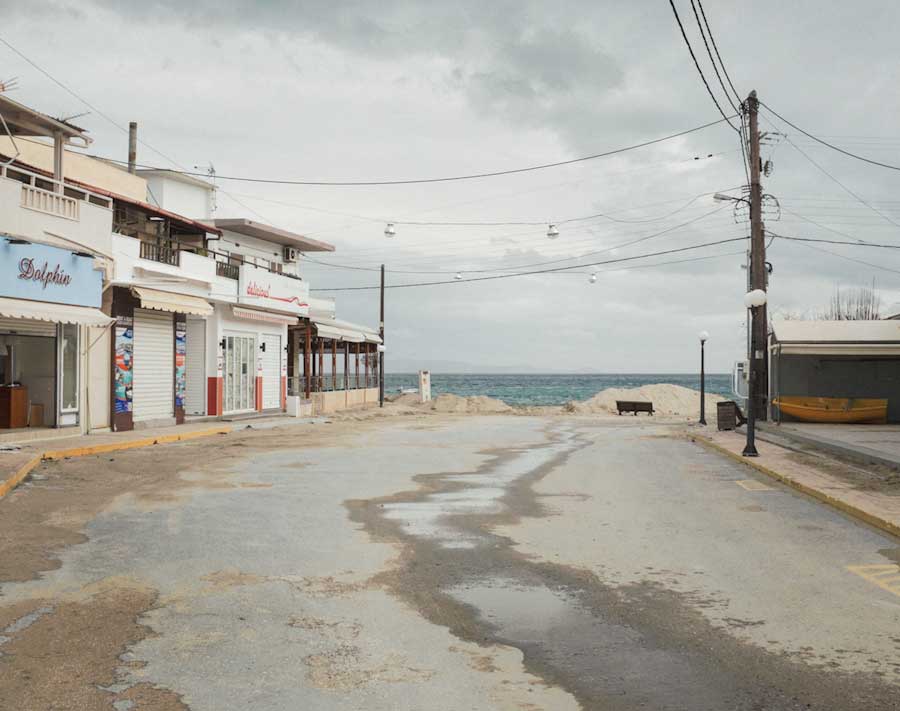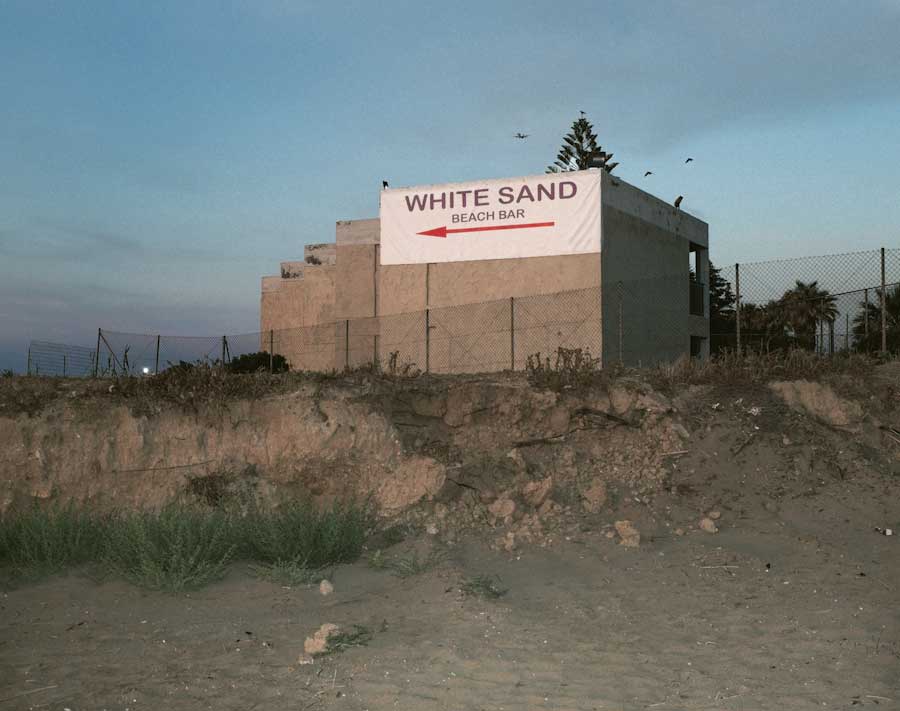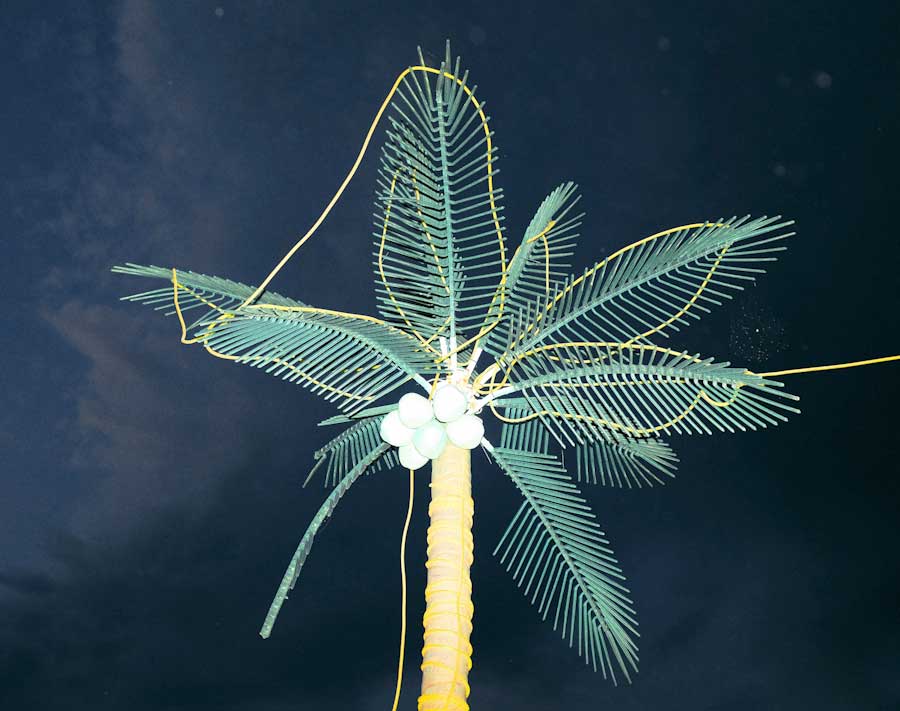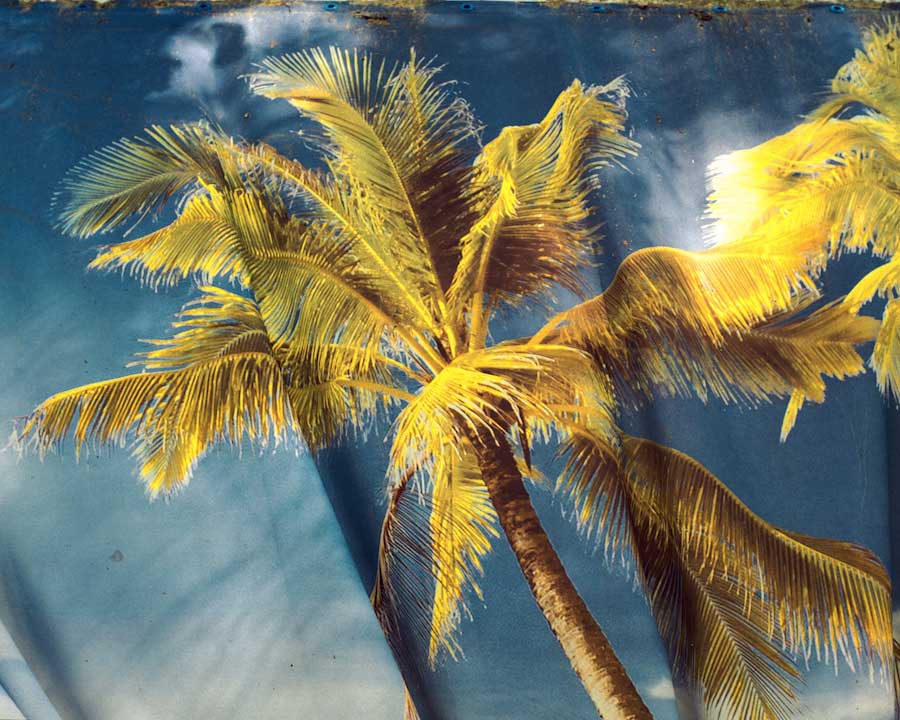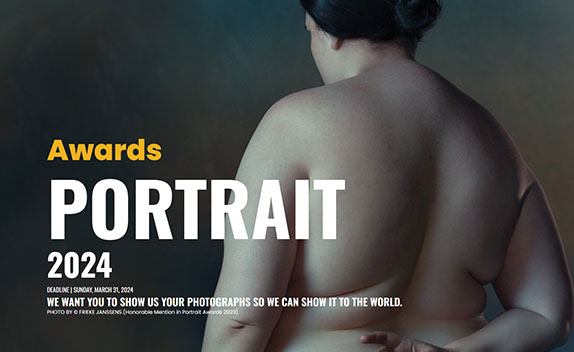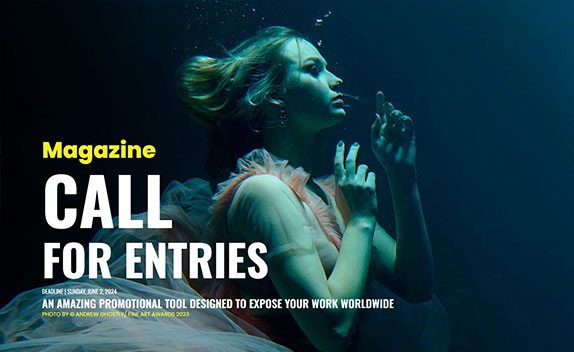I was born (1984) and raised in the island of crete, in southern greece. i studied contemporary photography at stereosis photography school, in thessaloniki, greece. i am a member of the collective “depression era” that inhabits the urban and social landscapes of the economic crisis in my home country.
My work has been featured in numerous exhibitions and international festivals, including Mois De La Photo in Paris, European Month of Photography in Budapest, Thessaloniki Biennale of Contemporary Art, Athens Biennale, FOCUS Photography Festival in Mumbai and Fotoistanbul. Moreover, he has exhibited his photographs in important art spaces such as Benaki Museum (Athens), Maison Européenne de la Photographie (Paris), Museo de Bogotá (Colombia) and several galleries in Canada, USA and Europe.
MY PHOTOGRAPHIC WORK FOCUSES MAINLY IN URBAN LANDSCAPE AND IT HAS BEEN AFFECTED BY THE CURRENT SITUATION IN MY COUNTRY, GREECE, WHICH HAS ENTERED A STATE OF TRANSITION THAT EXTENDS TO PRESENT DAY. I BELIEVE THAT ANY CHANGE IN THE SOCIAL AND ECONOMIC SITUATION OF A REGION IS REFLECTED ON ITS BUILT ENVIRONMENT AND THE LANDSCAPE.
From small shops, to entire neighbourhoods and even areas that were, until recently, bustling with life, the financial crisis has drastically affected every corner of the Greek society. Greece has become saturated with structures, spaces and landscapes which no longer hold any life, identity or soul. Places and spaces that dangle between existence and the lack thereof; physically present but largely overlooked even by their own inhabitants. The main characteristic of those sceneries is the fact that while space and its properties exist within our everyday lives, we have made the compromise to live among them, thus proving the change in the urban environment, as well as in our own lives. I am strongly attracted by typical cases of such landscapes of the Greek territory in an effort to depict this specific aspect of the crisis.
Regarding my last photographic project, titled “Paradise Inn” it examines the effects of touristic industry in Greek territory. The word “Paradise” literally means walled enclosure or recreational and entertainment area, probably derived from the Persian word “Pardes” which is attributed to the walled pleasure gardens of the Great King of Persia.
In recent decades, countless of artificial “paradises” were developed around the world and their number still grows faster than ever before. This industry that manufactures an entertainment product of mass consumption meant to satisfy the average man’s need for recreational time and fun, is called tourism.
The tourist industry has drastically intruded the land, transforming it into a product while causing several effects with a severe socio-cultural character. Destinations are in danger of losing their original appearance, structure and identity, through a standardization process that aims to satisfy the tourists’ wishes. What is not understood though, is that this process doesn’t degrade only the final product but mostly affects the local societies which have to survive the low periods relying only on the remnants of a seasonal industry.
This ongoing photographic project, which started in 2012, aims to highlight the consequences of this massive and uncontrolled tourist development. In Greece, as in Southern Europe in general, these effects are reflected on the constructed landscape mostly through the unregulated and shoddy architecture, the kitsch and folklore decoration, the construction and adoption of artificial elements and entertainment structures, the falsification of identity and cultural heritage, the violation of the natural environment and finally the desolation that occurs after peak season.
As Μ. Proust said, the only true paradise is the paradise we have lost.”Paradise Inn” is a tribute to all the lost paradises, in which millions of ordinary people manage to impose their own selves, the desperate experience that anyone could eventually face: the impairment of our quality of life and aesthetics and the loss of use of the natural space. [Official Website]


